Special Education
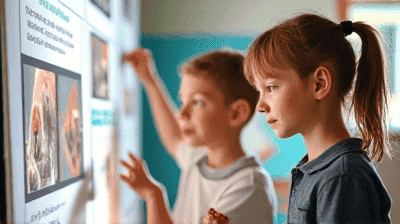
How to Use Visual Supports in Special Education: Enhancing Understanding and Engagement
Visual supports are powerful tools in special education that can significantly enhance understanding and engagement among students with diverse learning needs. By utilizing visual aids, educators can provide clear, concrete representations of information that cater to various learning styles. This article will delve into the importance of visual supports in special education, explore different types of visual aids, and offer practical strategies for effective implementation in the classroom.
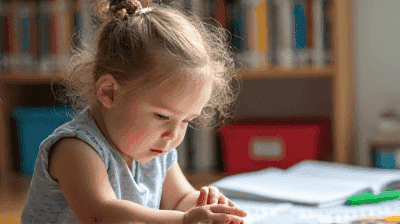
The Importance of Early Intervention: Identifying Learning Disabilities in Preschoolers
The early years of a child's life are crucial for cognitive, emotional, and social development. During this time, children acquire foundational skills that will influence their future learning and overall well-being. For some children, however, these skills may develop differently due to learning disabilities. This article explores the importance of early intervention in identifying and supporting preschoolers with learning disabilities, emphasizing the benefits of timely action and the essential role of pa

Behavior Management Strategies for Teachers in Special Education Settings
Teaching in special education settings presents unique challenges and opportunities. One of the most critical aspects of ensuring a successful learning environment is effective behavior management. Students with disabilities may exhibit a range of behaviors that can interfere with their learning and the learning of others. Therefore, it is essential for educators to implement strategies that promote positive behavior and create a structured and supportive classroom atmosphere. This blog post will provide an
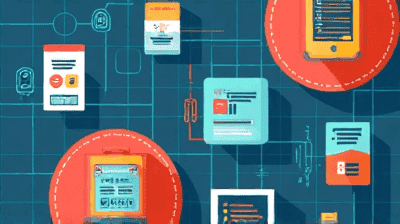
Assistive Technology in Special Education: Tools That Transform Learning
In the realm of special education, assistive technology (AT) plays a pivotal role in enhancing learning experiences for students with disabilities. These tools and devices empower learners by providing them with the means to overcome barriers that hinder their academic and social progress. This article delves into the various types of assistive technology, their applications in special education, and the transformative impact they have on the learning process.
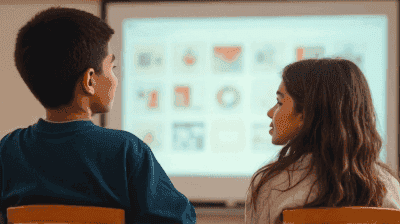
Effective Communication Techniques for Supporting Non-Verbal Students
Supporting non-verbal students requires careful consideration and deliberate strategies that foster effective communication. Non-verbal communication can include a range of methods, from gestures and facial expressions to the use of technology and alternative communication systems. This article offers insights into effective communication techniques that educators and caregivers can employ to connect with non-verbal students, thereby enhancing their learning experiences and fostering independence.
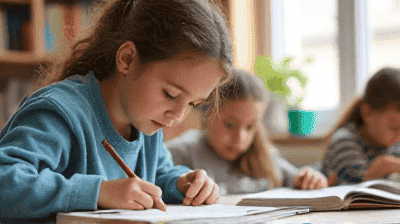
Understanding Sensory Processing Issues in Children: Tips for Creating a Supportive Environment
In recent years, awareness around sensory processing issues in children has increased significantly. Sensory processing refers to how the brain receives and interprets information from the senses, including sight, sound, touch, taste, and smell. For some children, sensory processing can be a source of significant difficulty, leading to challenges in daily routines and social interactions. Understanding these issues is essential for parents, educators, and caregivers to create a supportive environment that n
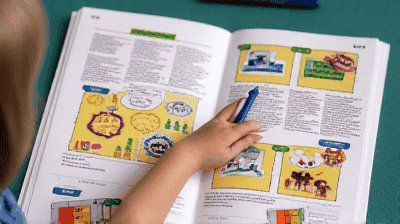
Understanding the IEP: A Comprehensive Guide for Parents of Children with Special Needs
Navigating the world of special education can be daunting for parents. One of the most crucial components in this journey is the Individualized Education Program (IEP). Understanding what an IEP is, how it works, and how to advocate for one can significantly enhance the educational experience for children with special needs. In this comprehensive guide, we will unpack the nuances of the IEP process, providing parents with the knowledge and tools necessary to advocate for their child's unique educational req

Exploring the Benefits of Mindfulness for Students in Special Education
In recent years, mindfulness has gained recognition as a powerful practice that can significantly enhance educational experiences for students across various backgrounds. For students in special education, mindfulness offers a unique set of benefits that can support emotional regulation, social skills, academic performance, and overall well-being. This article delves into the concept of mindfulness, explores its benefits for students with special needs, and provides practical strategies for educators and fa
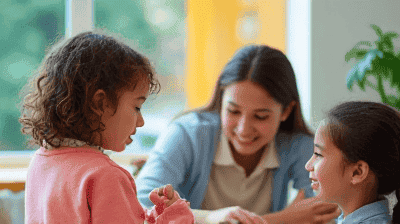
Parent Advocacy: How to Effectively Voice Concerns for Your Child's Education
As a parent of a child with special needs, advocacy is an essential part of the educational journey. Parent advocacy involves actively voicing concerns and challenging practices in your child's education to ensure they receive the support needed to thrive academically and socially. This guide aims to provide parents with actionable strategies and insights on effectively advocating for their child's educational rights and needs.
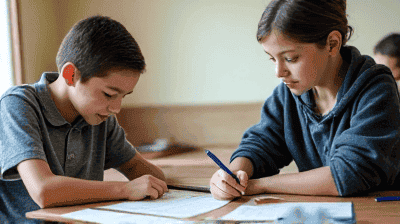
Transition Planning: Preparing Students with Disabilities for Life After School
Transition planning is a critical component of the educational experience for students with disabilities. It focuses on preparing these students for life after school, which includes post-secondary education, employment, independent living, and social participation. As educators, parents, and community members, understanding the essential elements of transition planning and implementing effective practices can significantly enhance the opportunities available to students with disabilities. This blog post ex
